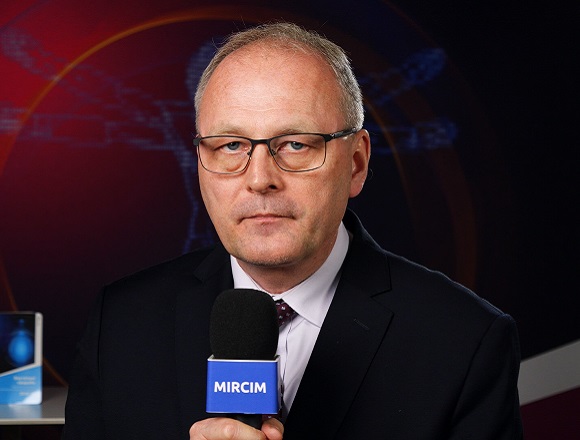Jürgen Floege, MD, is a senior professor at the RWTH Aachen University Medical School, Germany. He served as head of the Division of Nephrology and Immunology at Aachen for 24 years. He coordinates the worldwide KDIGO guidelines on the management of glomerular diseases. His research interests encompass both basic research and clinical research.
What is the efficacy of novel drugs used for the treatment of hyperkalemia?
Jürgen Floege, MD: Potassium binders bind potassium. Full stop. They do so, and your serum potassium is a little lower. Full stop. We have no idea what that means, in all honesty, because all the trials that have been set up so far to look at hard end points and not biochemical end points so far have not been performed, and they’re still ongoing. So, the vast majority of patients with what we call hyperkalemia have modestly elevated serum potassium, between 5.5 and 6 mmol/L. And in them, other than associations, we have no evidence that lowering potassium improves outcomes, and associations can be misleading. I always tell my students I will go to bed tonight even though most of us will die there. It’s a dangerous place. And it nicely illustrates how misleading associations can be. So, wait for the real outcome studies.
 English
English
 Español
Español
 українська
українська







